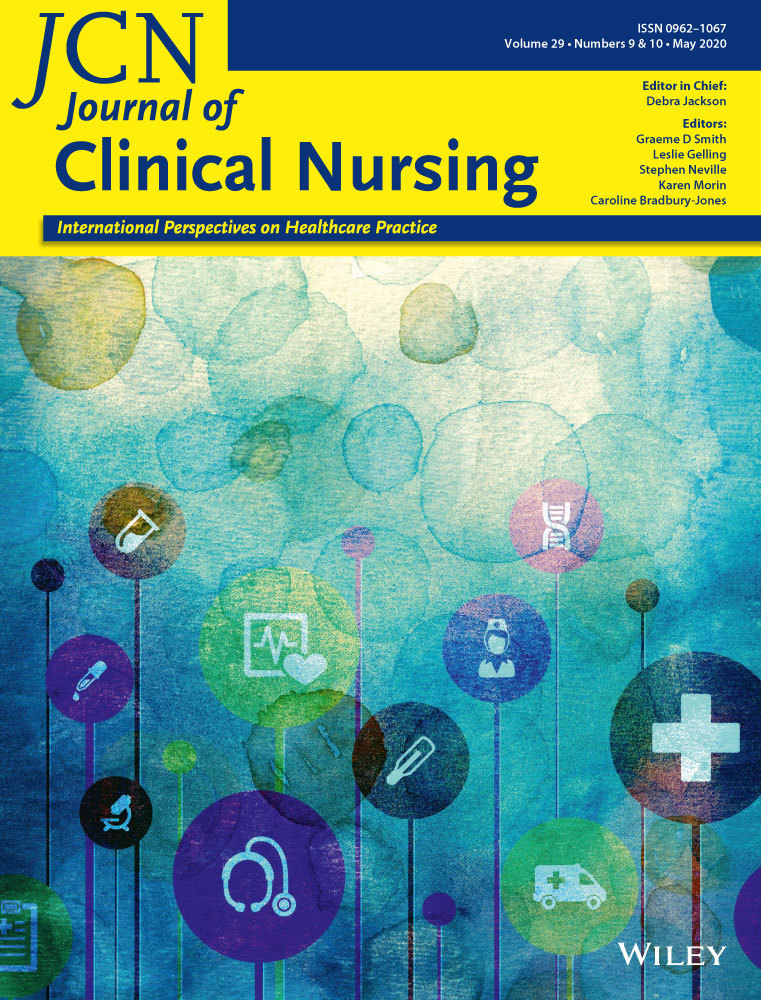A systematic review of the views of healthcare professionals on the provision of long-acting reversible contraception
Funding Information
There was no funding used for this systematic review.
Abstract
Research question
What are the views of healthcare professionals outside of the general practice setting on long-acting reversible contraception?
Background
Despite global sexual health organisations advocating for widespread prescription of long-acting reversible contraception, uptake in developed countries remains relatively low. The role of healthcare professionals outside of the general practice setting in long-acting reversible contraception provision requires further attention.
Design
Systematic review.
Methods
Five electronic databases were searched for existing qualitative findings using terms related to long-acting reversible contraception and healthcare professional views for the period 2013–2018. A rigorous protocol was applied following the Preferred Reporting Items for Systematic Meta-Analyses checklist and flow diagram. The Critical Appraisal Skills Programme tool was used to assess the quality of studies. A total of six studies were included for thematic analysis.
Results
Three key themes emerged through analysis that had significant impact on healthcare professional views of long-acting reversible contraception: (a) contraceptive counselling practices and constraints; (b) knowledge and training about long-acting reversible contraception; and (c) concerns and personal beliefs about long-acting reversible contraception.
Conclusions
Healthcare professional views on long-acting reversible contraception are shaped by practical time constraints, levels of knowledge and training, and personal beliefs and concerns. Further research is required to address these issues in order to improve clinical training and guidelines for all settings, not just general practice.
Relevance to Clinical Practice
Settings outside of general practice need to be included within the scope of initiatives that aim to improve clinical practice around access to new and emerging contraceptive methods. Further research could inform models of clinical practice that enable healthcare professionals to take enough time to talk through all contraceptive options with patients in a way that both focuses on their individual needs and is fully informed by up-to-date evidence and training.




